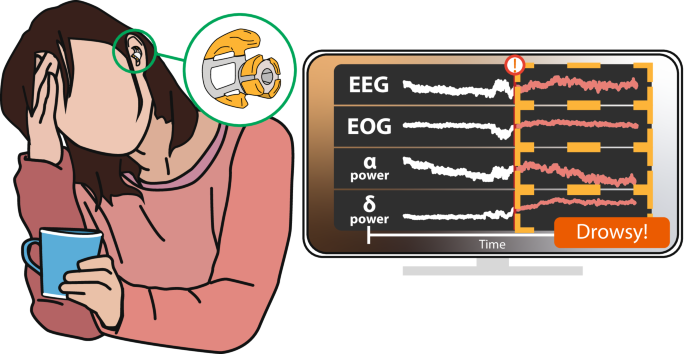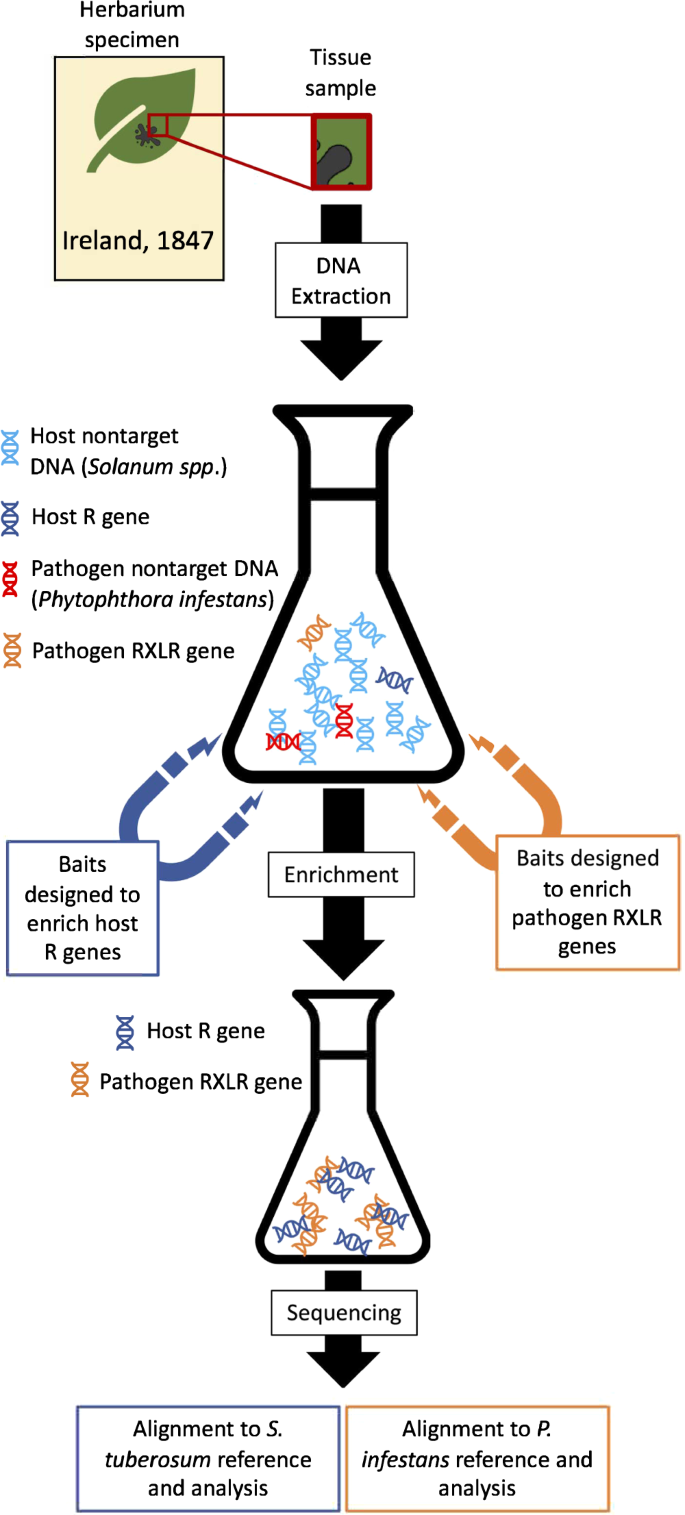2024-08-05 ジョージア大学 (UGA)
<関連情報>
- https://news.uga.edu/fish-oil-supplements-fight-risk-of-high-cholesterol/
- https://www.sciencedirect.com/science/article/pii/S0002916524006051
魚油の補給は遺伝学的に予測された血中脂質濃度と観察された血中脂質濃度との関連を修正する:英国バイオバンクにおける横断的遺伝子-食事相互作用研究(Fish oil supplementation modifies the associations between genetically predicted and observed concentrations of blood lipids: a cross-sectional gene-diet interaction study in UK Biobank)
Yitang Sun, Tryggvi McDonald, Abigail Baur, Huifang Xu, Naveen Brahman Bateman, Ye Shen, Changwei Li, Kaixiong Ye
The American Journal of Clinical Nutrition Available online: 15 July 2024
DOI:https://doi.org/10.1016/j.ajcnut.2024.07.009

Abstract
Background
Dyslipidemia is a well-known risk factor for cardiovascular disease, the leading cause of mortality worldwide. Although habitual intake of fish oil is associated with cardioprotective effects through triglyceride reduction, the interactions of fish oil with the genetic predisposition to dysregulated lipids remain elusive.
Objectives
We examined whether fish oil supplementation modifies the association between genetically predicted and observed concentrations of total cholesterol, low-density lipoprotein (LDL) cholesterol, high-density lipoprotein (HDL) cholesterol, and triglycerides.
Methods
A total of 441,985 participants with complete genetic and phenotypic data from the UK Biobank were included. Polygenic scores (PGS) of the 4 lipids were calculated in participants of diverse ancestries. For each lipid, multivariable linear regression models were used to assess if fish oil supplementation modified the association between PGS and the observed circulating concentration, with adjustment for relevant covariates.
Results
Fish oil supplementation attenuates the associations between genetically predicted and observed circulating concentrations of total cholesterol, LDL cholesterol, and triglycerides while accentuating the corresponding association for HDL cholesterol among 424,090 participants of European ancestry. Consistent significant findings were obtained using PGS calculated based on multiple genome-wide association studies or alternative PGS methods. For triglycerides, each standard deviation (SD) increment in PGS is associated with 0.254 [95% confidence interval (CI): 0.248, 0.259] SD increase in the observed concentration among European-ancestry participants who reported fish oil usage. In contrast, a stronger association was observed in nonusers (0.267; 95% CI: 0.263, 0.270). Consistently, we showed that fish oil significantly attenuates the association between genetically predicted and observed concentrations of triglycerides in African-ancestry participants.
Conclusions
Fish oil supplementation attenuates the association between genetically predicted and observed circulating concentrations of total cholesterol, LDL cholesterol, and triglycerides while accentuating the corresponding association for HDL cholesterol in individuals of European ancestry. Further research is needed to understand the clinical implications of these findings.


